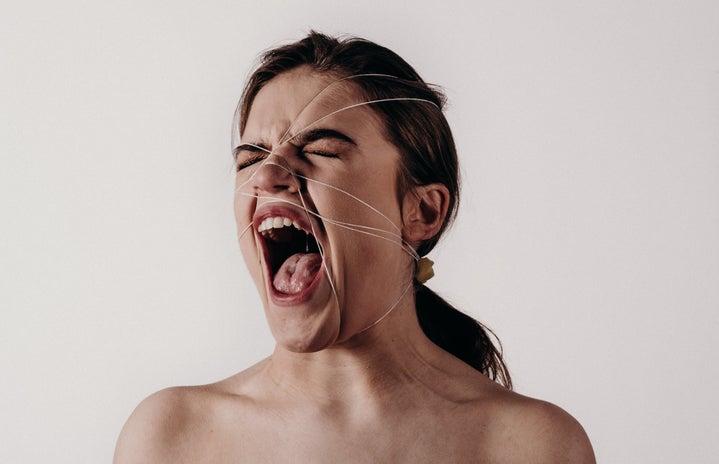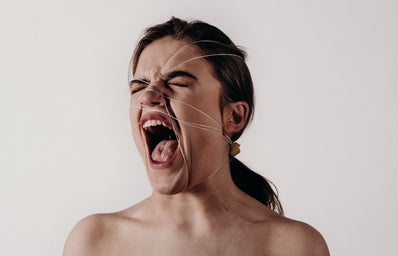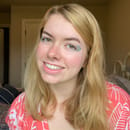This semester, I’ve probably watched and read more horror stories than I ever have. This is because I’m taking a class on the portrayal of women in horror. It’s a fascinating subject, and in the Halloween season, I thought I’d take some time to reflect on the topic.
Horror movies have an interesting relationship with feminism. On one hand, horror as a genre can be seen as downright anti-feminist. The male characters traditionally serve as both heroes and villains, leaving women with little agency of their own. A lot of movies rely on women being sexualized and brutalized for entertainment. Low-budget slashers in particular portray hyper-sexualized female characters that exist for two purposes: to be naked and have an excuse to buy a lot of fake blood. I can’t say I love the portrayal of women in these films.
On the other hand, horror can be a subversive, even progressive, genre. It can make statements other genres simply can’t. When you’re dealing with monsters, sexuality, and things outside of “normal” society — all bets are off. You’re allowed to write as feminist a story you want. That is, as long as it still grosses audiences out. For example, I don’t think we’d have as many genderfluid, subversive characters in “Rocky Horror Picture Show” if it wasn’t, well, a satirical horror movie. In modern horror, the needle is pushed even more. Look no further than films like “Jennifer’s Body” or “Midsommar” for themes of violence, relationships and autonomy. These motifs are not only present in film, but they are also present in literature. The short-story collection “Her Body and Other Parties” by Carmen Maria Machado is incredibly impactful. If you haven’t read it yet, I can’t recommend it enough.
In real life, there is an element of horror for individuals growing up in a marginalized group. The world around you can be outright scary. I can’t speak to what it’s like for others while growing up marginalized. For me, growing up as a woman has brought its own fears. In some ways, I’ve internalized anxieties that were pushed onto me. Whether I was told explicitly or absorbed it from the media, these things were burned into my brain. I knew I was not to go out late at night, never let my guard down, and never … ever be alone. I’m not particularly afraid of walking alone, but I’d be lying if I said I didn’t look over my shoulder, waiting for someone or something to appear.
I think horror movies are best when they exaggerate the truth. In horror, women are often prey. What’s even more impactful is when they’re the monsters. It’s hard to explain how both can be true at once, but it feels emotionally true. This Halloween season, pay close attention to the women in the horror movies you watch. What you see might surprise you.


